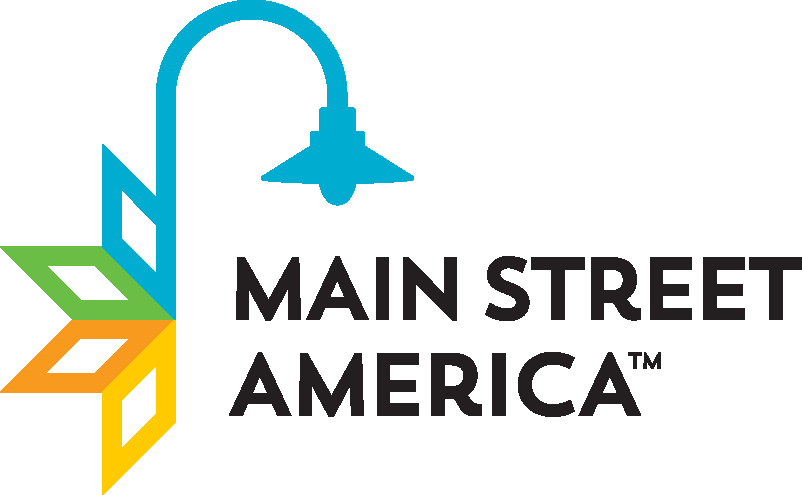Cities in Georgia may levy and collect an excise tax of a rate of up to 3 percent or at a rate of 5, 6, 7 or 8 percent on charges made for rooms, lodging, or accommodations furnished by hotels, motels, inns, lodges, tourist camps, or campgrounds. The law provides several different provisions for levying the hotel-motel tax. The amount of the levy and expenditure requirements varies depending on which alternative is chosen.
Hotel-motel taxes are authorized by the Official Code of Georgia (O.C.G.A. § 48-13-51). Each specific paragraph within the official code has its own expenditure requirements, and each city should familiarize itself with the provisions of the paragraph under which it levies the tax. You can find more information on the use and implementation of hotel tax on the Georgia Department of Community Affairs website at www.dca.ga.gov or check out our YouTube channel for our most recent Hotel Motel Tax webinar.



